
THE UNPOPULAR OPINION is an ongoing column featuring different takes on films that either the writer HATED, but that the majority of film fans LOVED, or that the writer LOVED, but that most others LOATHED. We’re hoping this column will promote constructive and geek fueled discussion. Enjoy!
ONCE UPON A TIME IN MEXICO is a movie that I loved nigh-on unequivocally upon my first viewing. It also marked one of the very first times where I felt compelled to share my movie-watching experience with others, and so I immediately called up two of my friends, arranged a sleep-over, and we all had a blast with Rodriguez’ fun-as-hell ode to Mexico, over-the-top action, and general badassery.
Now, I thought I was definitely in the majority with that opinion. But if the Strike Back comments for my review of PLANET TERROR from last week are anything to go by, it seems that enjoying ONCE UPON A TIME IN MEXICO actually puts me in the minority. So perhaps I can tell you my reasons as to why this flick works as well as it does for me, though of course my love is no longer necessarily as unequivocal as it once was. I’ll tell you this right now though: it is my firm belief that ONCE UPON A TIME IN MEXICO works in a way nearly unique amongst the canon of Robert Rodriguez movies, with his characters, action beats, and storytelling beats all being bolstered by very distinct intention and direction. I’ll even go so far as to say that it’s easily one of Rodriguez’ very best movies. Top two maybe.

“Who are you guys?” “Sons of Mexico, sir.”
By sixteen minutes in to the movie (the meeting of El Mariachi and Agent Sands) Rodriguez has set up almost everything we need to know about the main players in the story, and more importantly, he has already introduced us to what they wish to achieve and what they’re willing to do for the sake of that desire. By forty four minutes in (shortly after Sands’ meeting with Ajedrez) all of the pieces are in their very general place and we’ve moved smoothly into the large and detailed arc that is the movie’s second act. Rodriguez wastes exactly zero time, shots, or character beats in those opening forty four minutes, settling instead for having each moment be relevant and revealing. And yes, I mean exactly zero. Even the flashback sequences that occur during the movie have purpose in the moment they occur – none of them are shown just because Rodriguez decided to have put them there. They all are clearly motivated something, sparked by the conflict possessing El Mariachi’s mind in a given scene.
Does an absurd moment such as Sands’ shooting of the cook make ONCE UPON A TIME IN MEXICO conform to my above belief in zero wasted moments? Hell yes, because it allows Sands to demonstrate via action his willingness to do whatever is necessary to achieve his stated desire of revolution. It allows him, unlike many other movies by many other directors, to show rather than tell. To prove, rather than speak an empty promise. And while the moment demonstrates certain qualities in Sands’ personality and character, it also allows for a certain humor to be gleaned from its absurdity. I’ll come back to the movie’s humor in a moment, but first I want to talk a bit more about character as it really does make a huge difference.
When we meet Agent Sands, he has a fake arm attached at the shoulder while his real arm lies under the table pointing a gun at the man he is set to meet. We don’t know that he has the fake arm on until he removes it and brings his real arm and gun up above the table – it’s a pretty damn cool reveal, but it’s also more than that. Like the aforementioned murder of the cook, it tells us a great deal about Sands’ character and his position in this world. We know who he is, how he views others, how others view him, and what he has to do to survive in this place. And therein the crux of it lies. It isn’t just a cool moment, it also means something much greater. It isn’t just cool, it speaks volumes as well. This then is one of the main factors which separates ONCE UPON A TIME IN MEXICO from so many of Rodriguez’ other flicks. Things rarely ever succumb to the trap of being “just cool.” So to do is there a world of meaning with El Mariachi’s introduction, wherein we see him willing to give himself up almost immediately in order to protect the innocent people of the village he has been living in.

“You want me to shoot the cook?” “No, I’LL shoot the cook. My car’s parked out back anyway.”
Another factor in what separates ONCE UPON A TIME IN MEXICO is the humor. It’s one of the more important aspects that makes this movie interesting and enjoyable and something like PLANET TERROR the exact opposite. Small moments of humor pepper ONCE UPON A TIME IN MEXICO, moments that make all the difference by consistently serving to lighten moments and prevent them from delving either into an overly-serious place or a self-mocking place. Both places would weaken the movie’s power, momentum, and impact, and thankfully Rodriguez never lets himself stray there.
This fact all comes down to the placement of his humor, with hilarious little throw-away lines and moments such as 1) the squeaking of the bar as it moves in and out of the opening gunfight, 2) the image of a three-armed Agent Sands looking intently around the restaurant, 3) Agent Sands putting the wrong glove on in the middle of his intense suiting-up sequence, and 4) the line “I was tortured once. I didn’t like it.” Without those moments ONCE UPON A TIME IN MEXICO would have had a much greater chance of quickly devolving into a somewhat tedious slog through moments of personal and national importance, but with them? Rodriguez balances the events of his movie, offsets the action and dramatic beats, and thereby allows them to mean more when they do happen.

“Why me?” “Frankly, because you’ve got nothing to live for… and in a way you’re already dead and Marquez is the one that killed you so why not return the favor?”
There are certain frustrations with this flick that I would definitely agree are well founded. As much fun as it is to witness the transformation of Agent Sands into a blind gunslinger, ONCE UPON A TIME IN MEXICO is fundamentally the sequel to DESPERADO and I would have much preferred to see Rodriguez bring greater depth to El Mariachi’s story rather than reducing him to what is little more than a supporting role. While one may argue that what Rodriguez is doing in ONCE UPON A TIME IN MEXICO is sidelining El Mariachi to further emphasize his legendary status by via a hazy presence that flits in and out of the action, I’d argue that Rodriguez just got a bit caught up in all his intricate plotting.
Which leads to the second justified complaint about this flick – while the plot may not necessarily be difficult to follow, there’s still a great deal of crosses and double crosses and characters and motivations to keep track of. Keeping the focus mainly on El Mariachi and expanding his story would have allowed Rodriguez to have an already-established center around which the other elements in play could rotate.
I would also add that the score, also by Rodriguez, is serviceable but not all too inspiring. Rodriguez is praised often enough for his technical know-how, and while the way he shoots ONCE UPON A TIME IN MEXICO and his methods for achieving the various special effects are impressive enough, his score stands out as rather boring by comparison. While on the subject of “the way he shoots [the movie],”I feel I should add that I love how the whole hospital sequence surrounding Barillo’s surgery is shot like a horror movie. It’s a very sneaky yet effective way to ramp up the movie’s tension and our investment in its events.

“Fortunately for you, nothing you did is worth dying for. You have only seen too much. We are going to make sure this does not happen again.”
Fundamentally though, ONCE UPON A TIME IN MEXICO is a movie that is about something beyond the characters, and it is here that we find the final (yet most important) factor that elevates this flick above Rodriguez’ others. Because it is about something that is at once deeper and larger than the individual characters, or the coolness of the action sequences, or the delicious-looking Puerco Pibil. While there are of course elements that make this a personal tale, it is at its heart a national tale, one which uses the struggles and motivations of its characters to paint a grander picture.
It’s worth noting that so many of the movie’s important lines are spoken in Spanish (see the final exchange between El Mariachi and Marquez about Carolina) – this is story about the country of Mexico, about the reclamation of a legendary past as it struggles with the iron grip of a callous and selfish present. “Men like Barillo have stolen this country’s soul” says the President to his aide, and he’s right. They have, and so Rodriguez has crafted a tale in response to this fact which brings the villains down by the honor, love, and devotion of men who begin as revenge-fueled mercenaries but become something more. They become, as quoted at the beginning of this review, “Sons of Mexico.” Everything else that once bound them down has been stripped away, and in the final shot we see El Mariachi kiss the Presidential sash (which is made up of the colors of Mexico’s flag) as he walks down the road towards a free and uncertain future.

“This story is well-traveled. It might have picked up some embellishments along the way. Just read between the lines.”


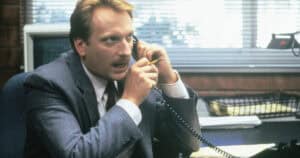

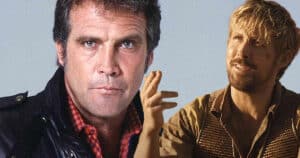
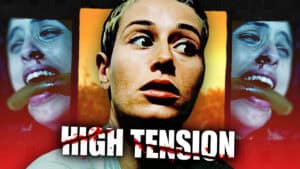
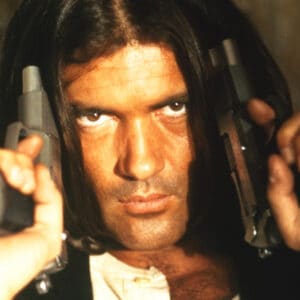

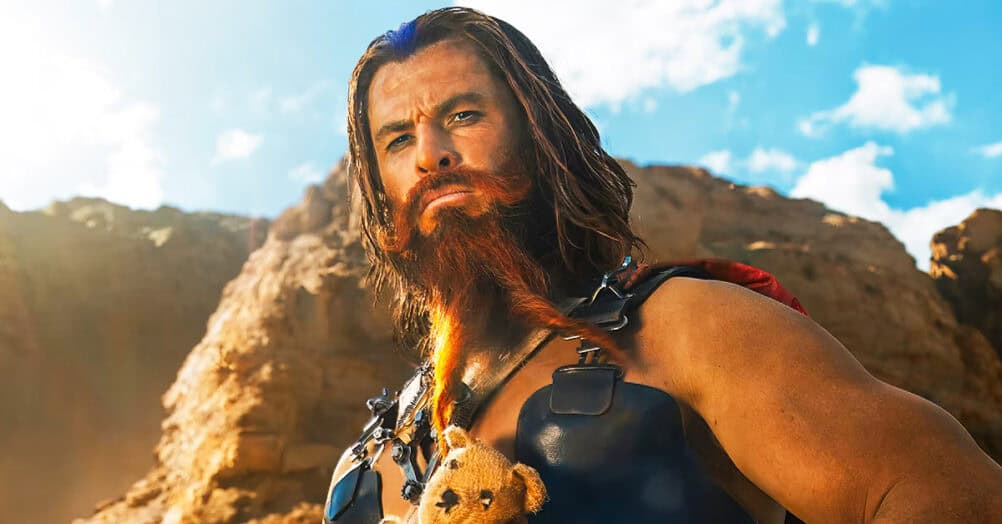
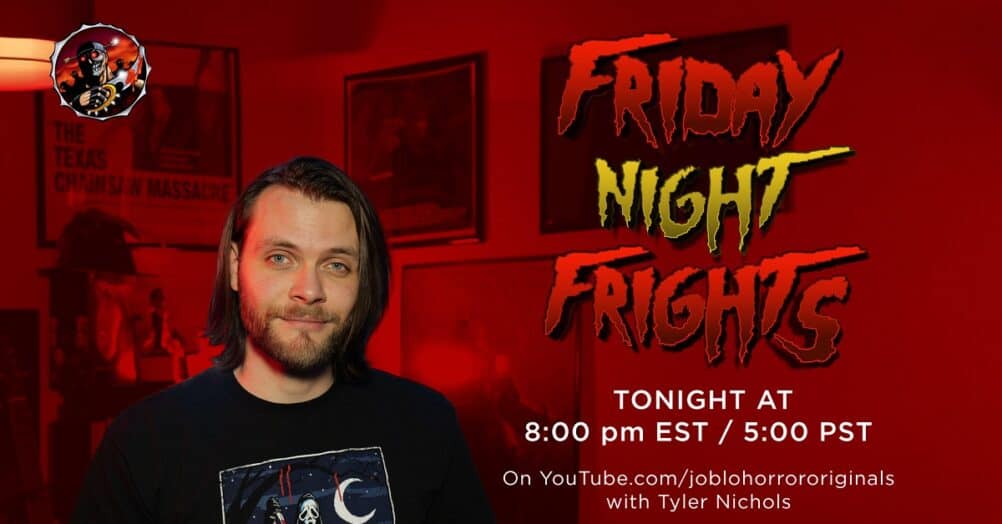
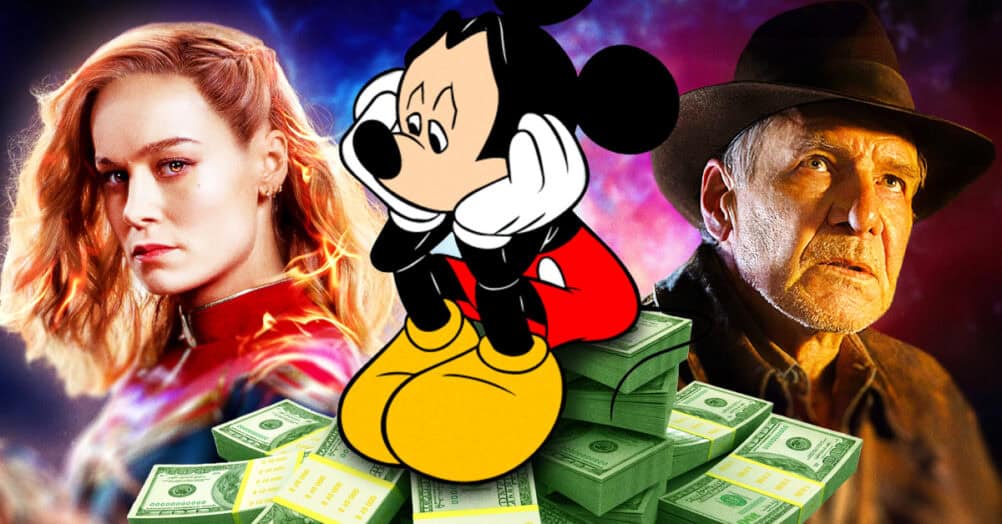
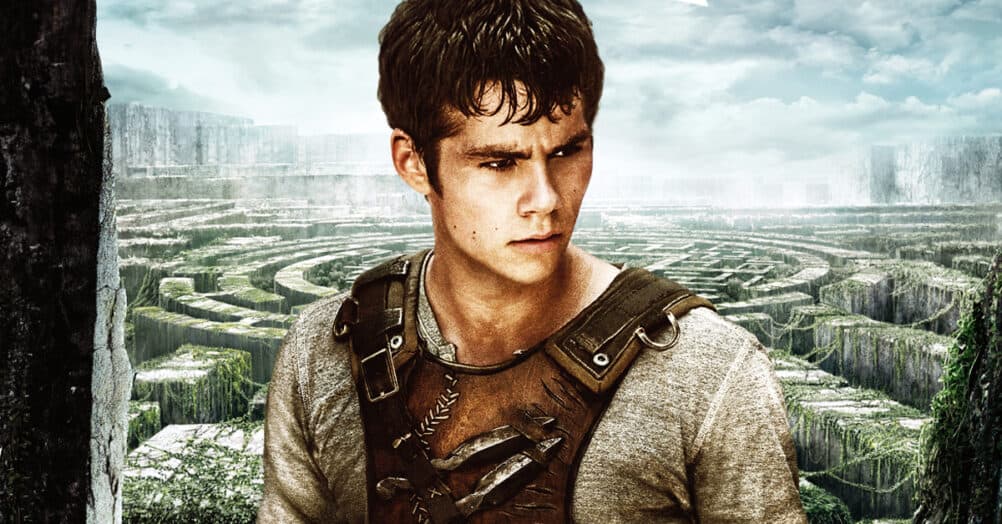
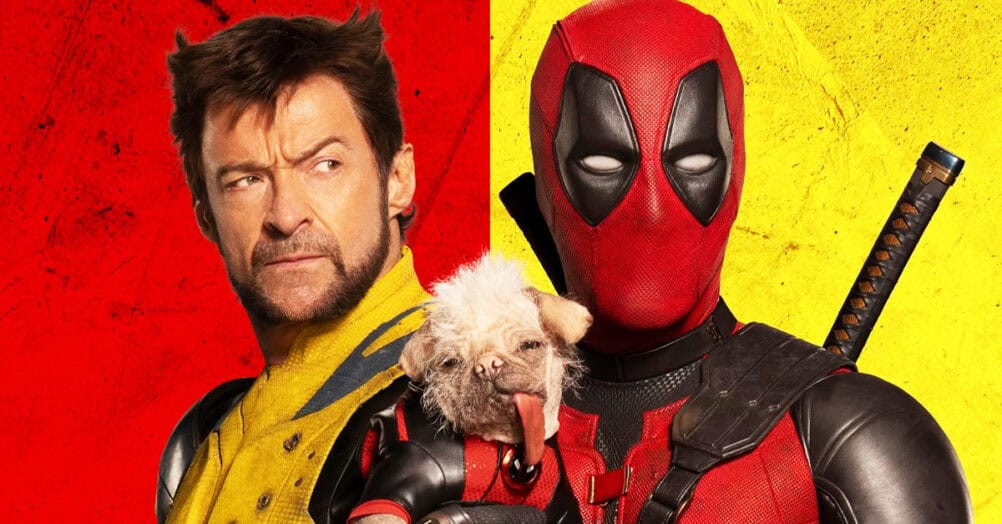
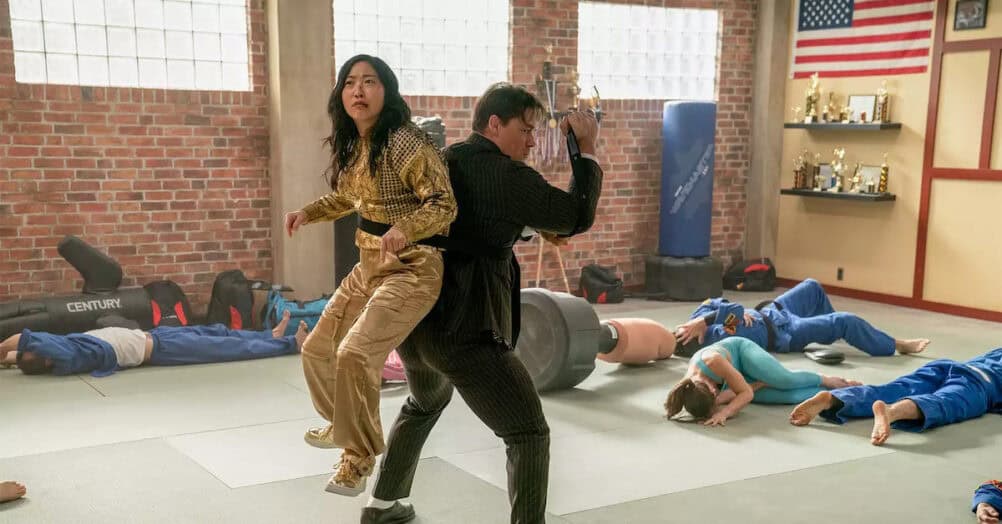
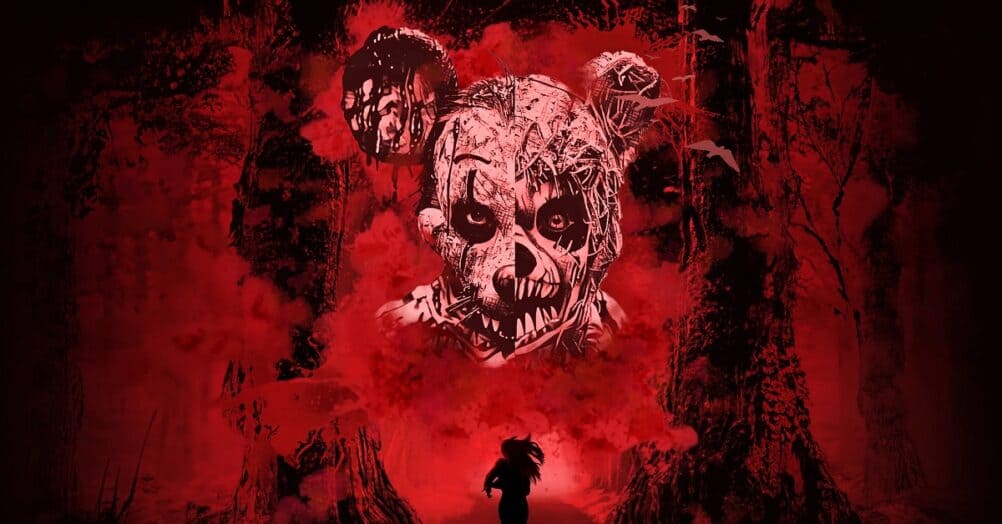
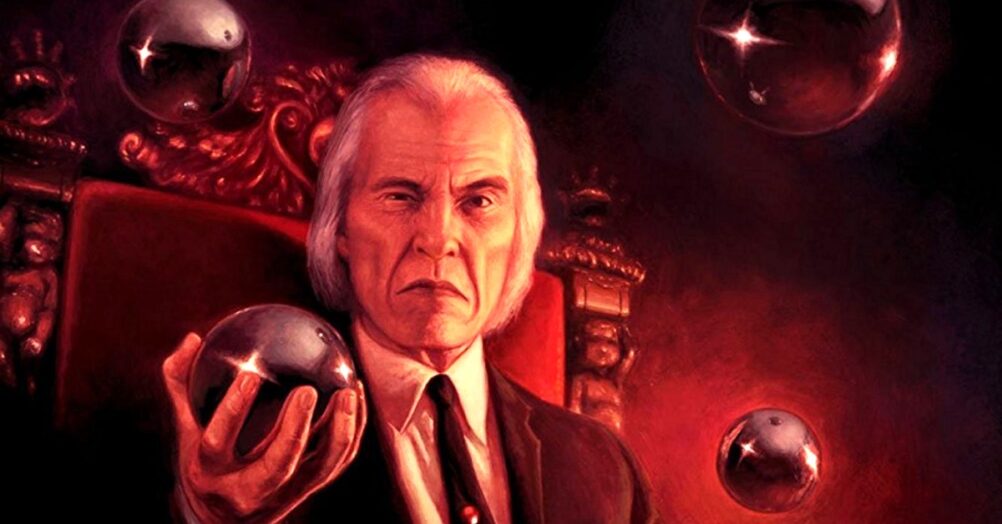
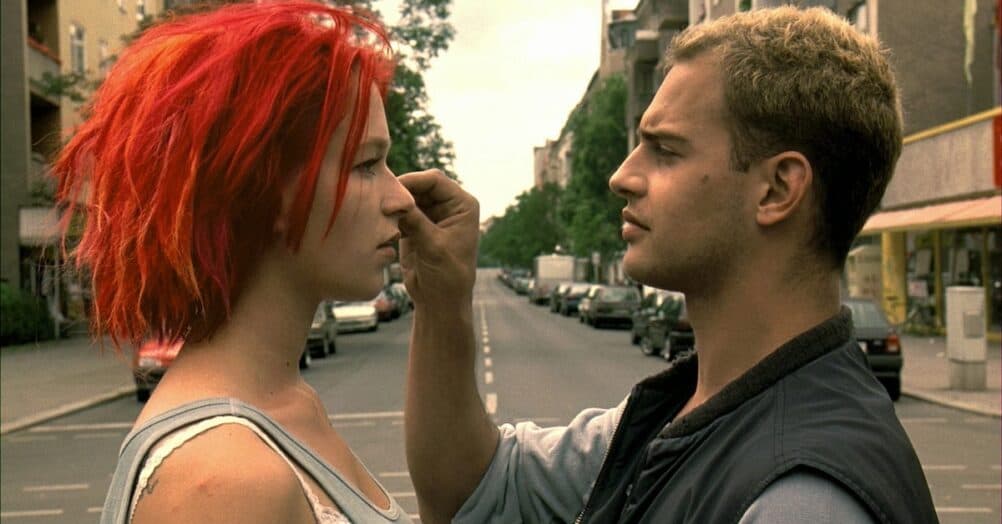
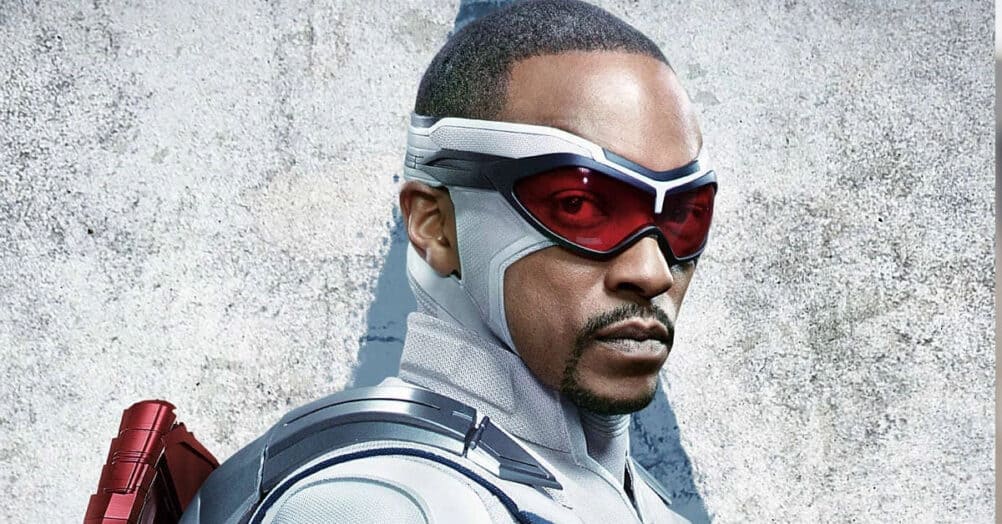
Follow the JOBLO MOVIE NETWORK
Follow us on YOUTUBE
Follow ARROW IN THE HEAD
Follow AITH on YOUTUBE